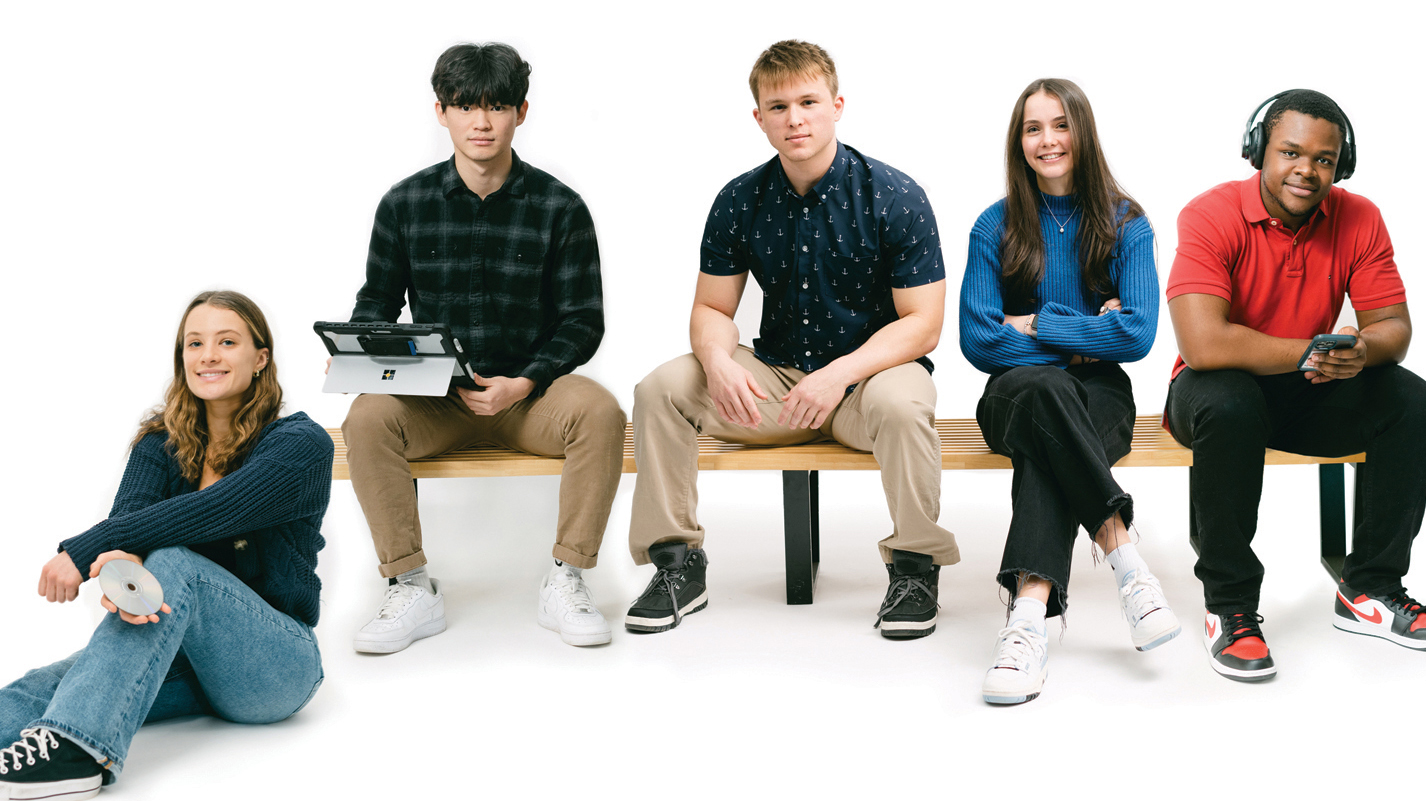Now in its eighth year, the Williston Scholars program is a trimester-long class that allows students to deeply explore an academic passion—whether that’s using artificial intelligence to create a new application, studying the effects of sleep on the human body, or comparing the legacy of representation in Disney films. Under the close mentorship of a Williston faculty member, students and classmates are guided through the steps of scholarly project development, research, implementation, and, ultimately, presentation—skills they will need to succeed at the college level. At the end of each trimester, students present their final work—typically compiled in a slideshow or paper—to their peers and teacher for a grade.
This year’s Scholars program featured 53 unique projects spread across seven different subjects. In addition to the presentations at the end of each trimester, the entire program was celebrated at the end of the academic year, when the Scholars showed off their works during a gallery walk showcase in Reed Campus Center.
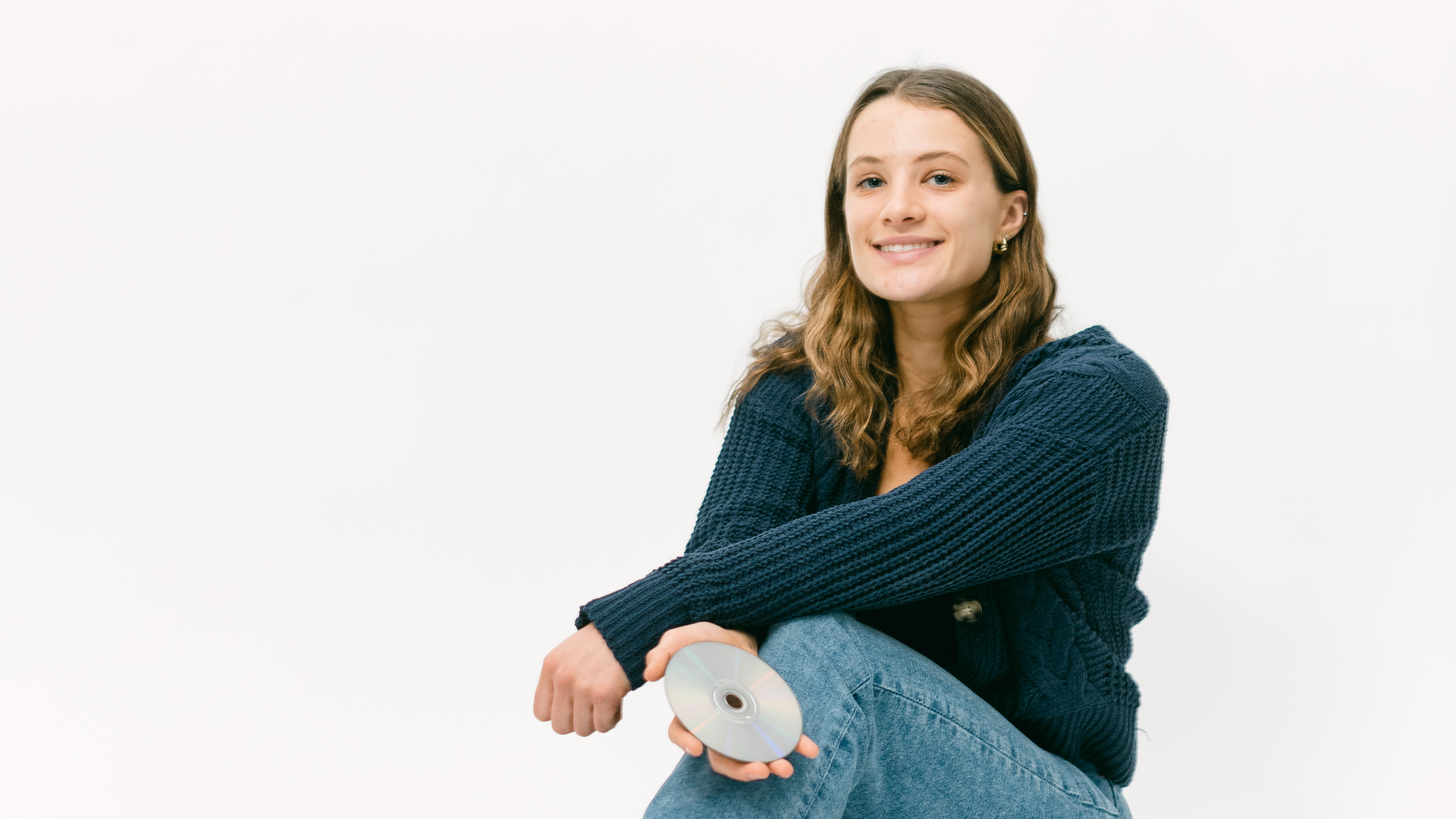
Jenna Guglielmi ’23 | From Saludos Amigos to Encanto: Disney’s Slow Inclusion of Latinos in Film
With her curiosity sparked by a conversation about the movie Encanto in an AP Spanish class, Guglielmi dove into Latin American representation in Disney films. Guglielmi’s project highlighted the stereotyping of Latino characters in early Disney movies, and how over time the depictions of Latin Americans changed to where they are the main characters and not just a plot device.
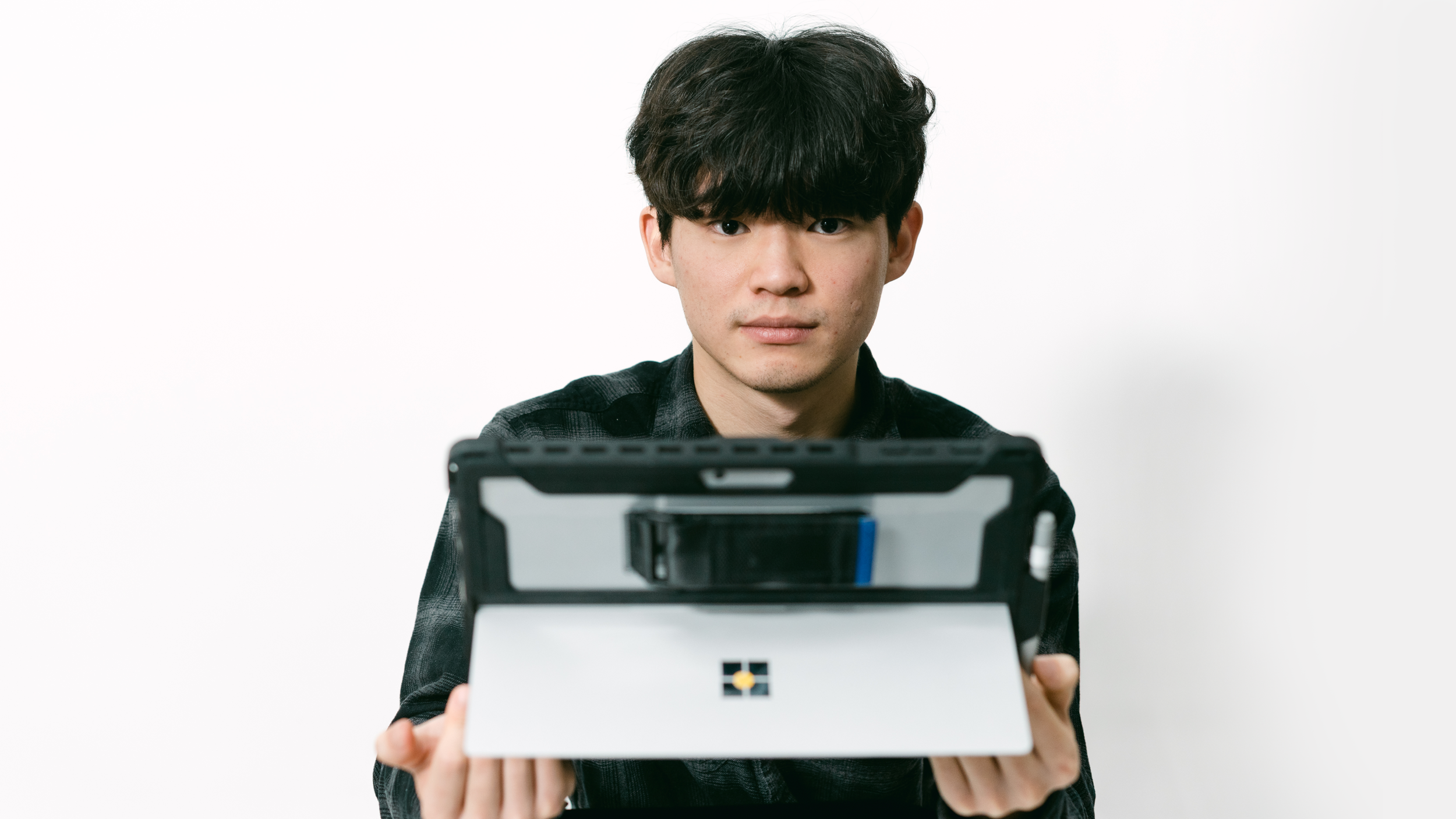
JunSeok “Jun” Hwang ’23 | Reestablishing the Diffie-Hellman Algorithm
Hwang first learned about the Diffie-Hellman algorithm during a computer science class as a junior. The lesson stuck with Hwang, but he found himself asking if there was still room for improvement—so he tried. Hwang coded the algorithm and tried to find any weak parts in it by fixing the code with a newer version.
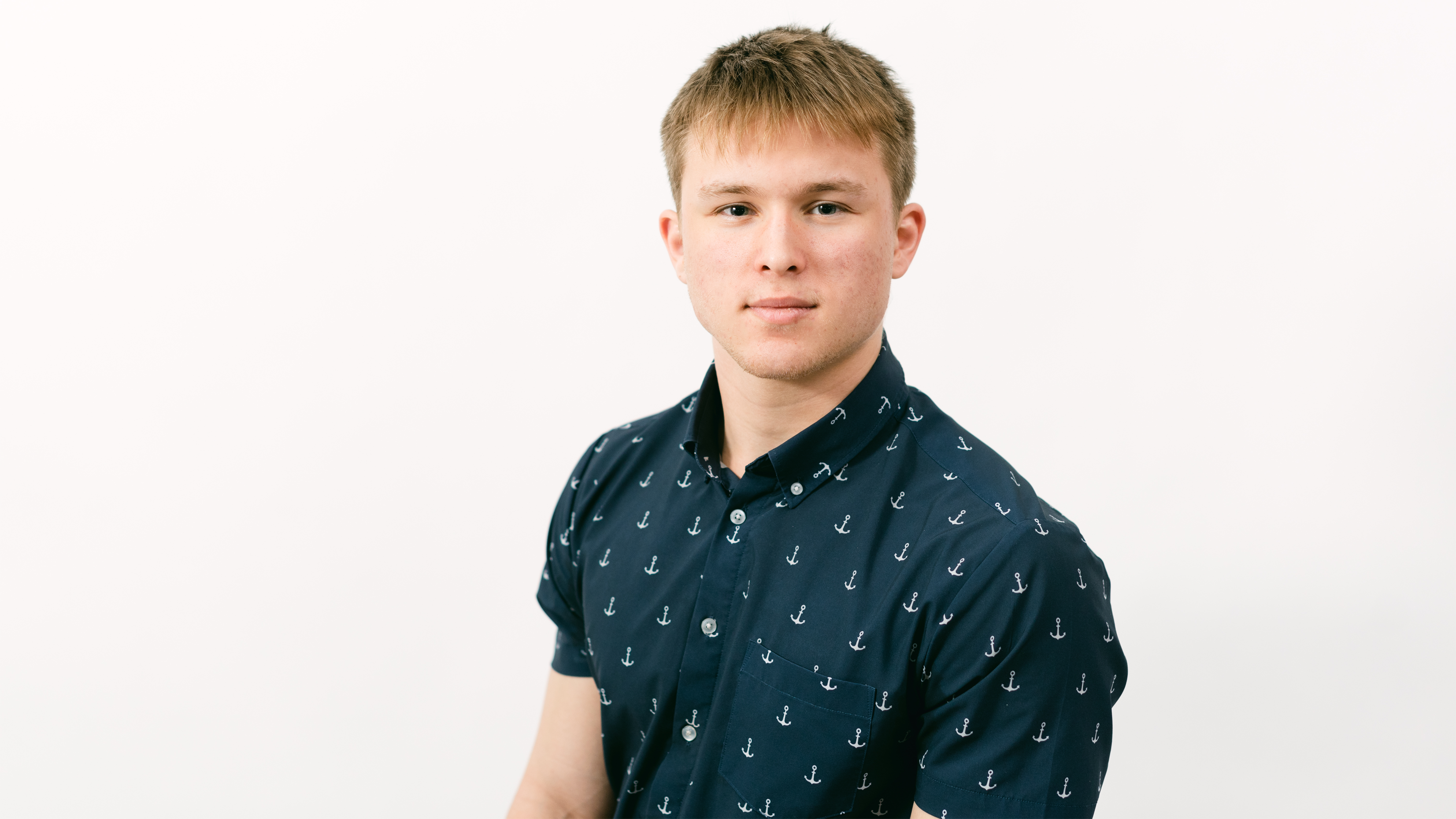
Max Graff ’23 | The Ultimate Guide to Maximizing Sleep
After having trouble sleeping during the COVID-19 pandemic, Graff focused his studies on how to optimize your sleep. Studying both the science of sleep and the mechanisms that help us fall asleep more quickly and sleep longer, Graff looked at circadian rhythms, adenosine buildup, melatonin use—just about everything there was to study.
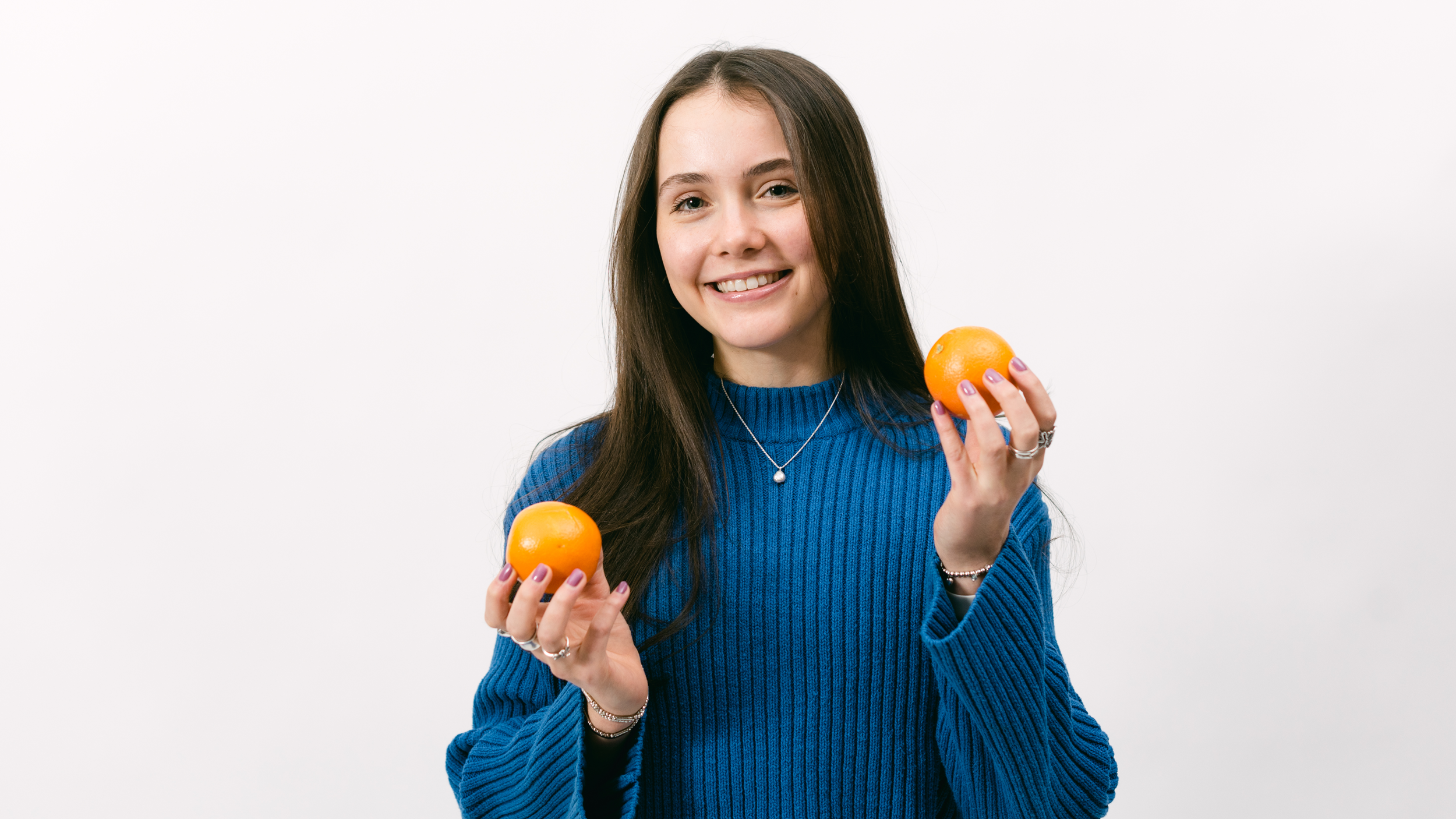
Catie Spence ’24 | Vitamin C: A Controversial Cancer Treatment
Spence looked at vitamin C and its efficacy as a cancer treatment. Comparing oral and intravenous treatments, Spence wanted to investigate how much vitamin C a person would need for there to be an actual effect. Her studies brought her through high-level research projects and papers, and helped her formulate a final project that showed intravenous treatments can be beneficial.
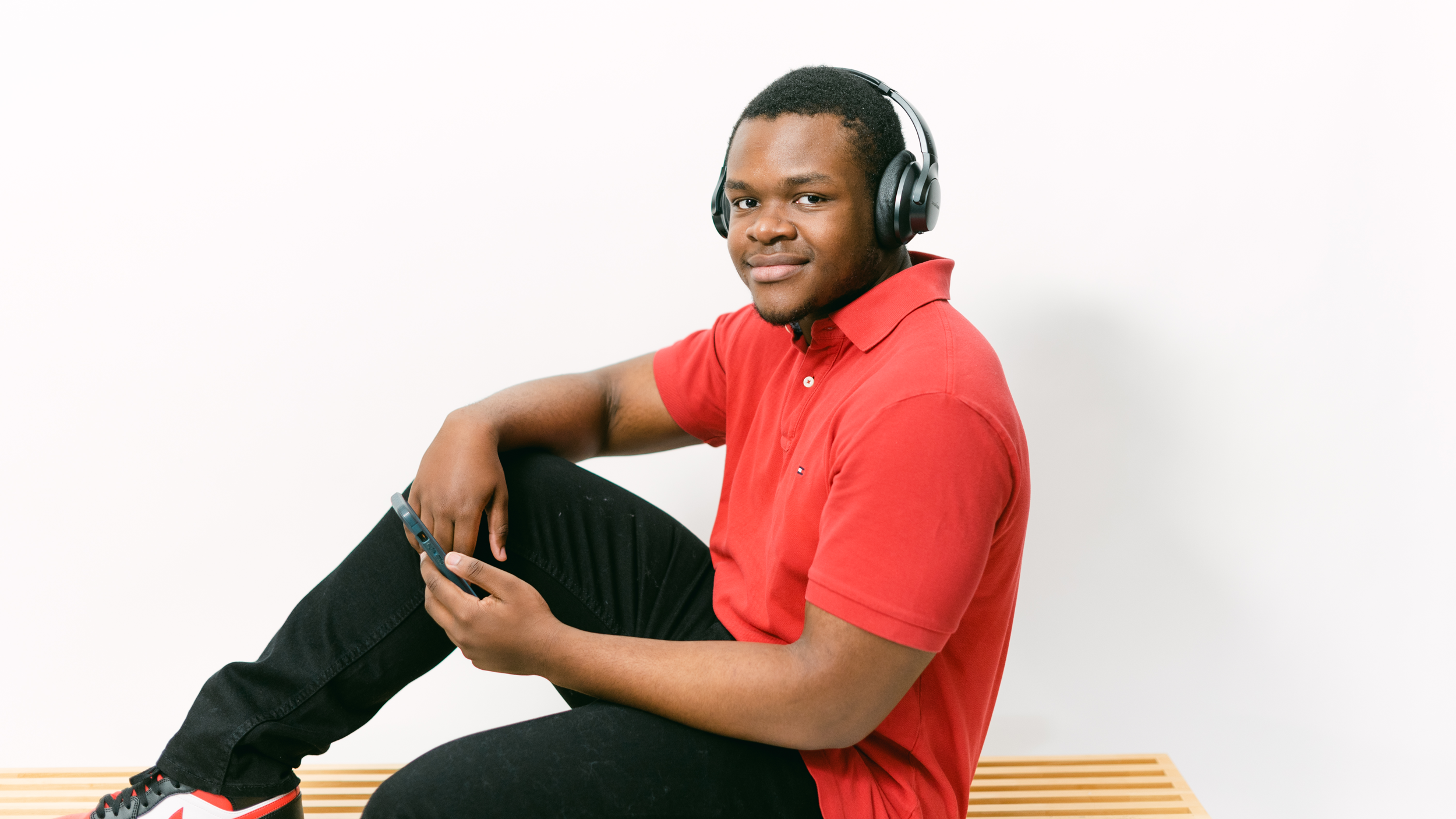
Jordan Attys ’23 | Emotional Analysis with AI
Ever found yourself in a mood and wanted a song to match it? Attys has an app for you. Using his trimester to study human emotion and AI recognition, Attys devised an app that detects the motions of human faces and recommends music based on your mood. His research showed off how powerful AI recognition tools can be—and how difficult they can be to train and program.

